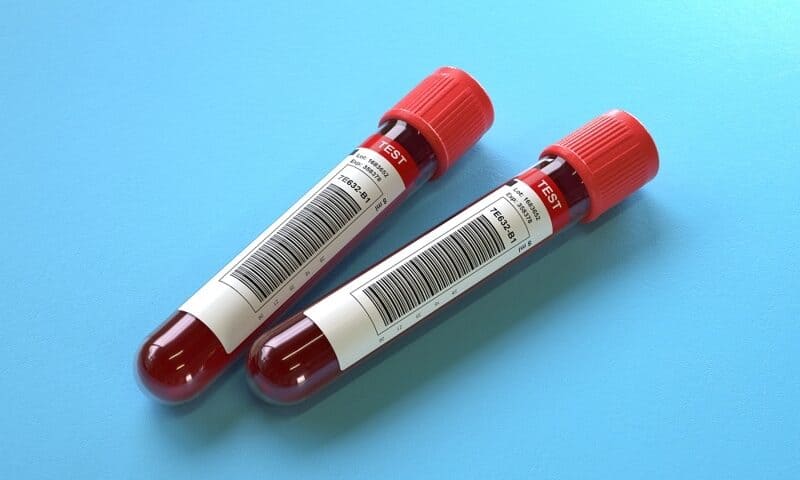The FDA revoked its emergency green light for a fingerstick COVID-19 antibody blood test developed by Chembio Diagnostic Systems following new concerns over the test’s accuracy.
The agency had previously allowed the test to be sold and distributed under a federal authorization awarded in mid-April, making it one of the first antibody assays officially recognized by the agency for use during the coronavirus pandemic.
The move comes after the agency stepped up its oversight of blood-based antibody tests compared to the earlier stages of the pandemic, which had previously allowed manufacturers to distribute their tests without federal or independent review.
Since late April, the FDA has been working with the National Institutes of Health and the Centers for Disease Control and Prevention to double-check the performance of COVID-19 antibody tests and has published the results for at least 18 products—including Chembio’s DPP COVID-19 IgM/IgG system, as well as others that have previously received emergency authorizations.
It was through that intragovernmental validation effort, led by researchers at the NIH’s National Cancer Institute, that found Chembio’s test “generates a higher than expected rate of false results and higher than that reflected in the authorized labeling for the device,” the FDA said in a statement.
The FDA had published a since-removed summary of its expected performance of Chembio’s test, based on information the agency reviewed when it granted the emergency authorization.
When testing for both IgG and IgM antibodies, and assuming a 5% prevalence of COVID-19 in the testing population, the FDA had rated the test’s predictive value at 46.8% for returning an accurate positive result.
“At the time of authorization, based on the information that Chembio submitted to the FDA at that time, the agency concluded that the test met the statute’s ‘may be effective’ standard for emergency use authorization, and that the test’s known and potential benefits outweighed its known and potential risks,” the agency said.
However, a subsequent Department of Health and Human Services (HHS) evaluation report (PDF) pegged the test’s positive predictive value at just 18.7%. The test’s combined sensitivity and specificity were also found to be lower than previously described by the FDA—from 93.5% and 94.4% down to 82.1% and 81.2%, respectively.
In addition, the HHS report found a high rate of cross-reactivity, with the test generating false results four out of 10 times when tested with an HIV-positive sample.
“Since the beginning of the COVID-19 public health emergency, the FDA has balanced the urgent need for access to diagnostic and antibody tests with providing a level of oversight that helps to ensure accurate tests are being deployed,” said Jeff Shuren, director of the FDA’s Center for Devices and Radiological Health, said in the agency’s statement.
“By continuing to monitor authorized tests and emerging scientific evidence, we are able to make changes when appropriate—including taking action when a test’s benefits no longer outweigh its risks,” Shuren added. “Through these efforts, we are able to help assure that FDA-authorized tests meet the needs of the American public.”
Late last month, the FDA named 28 antibody tests it said should be removed from the market—including ones that were voluntarily withdrawn by their manufacturers as well as those who had neglected to pursue an official authorization. That list has since grown to cover 42 diagnostic tests.

